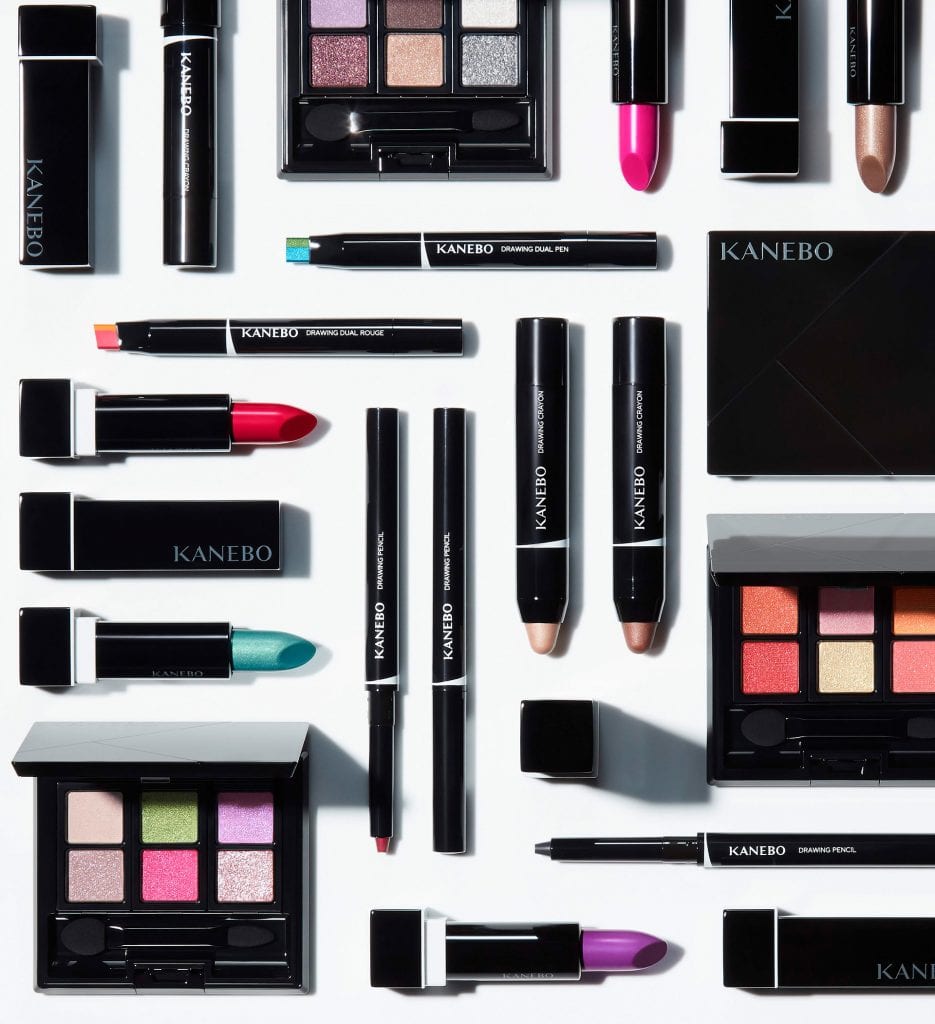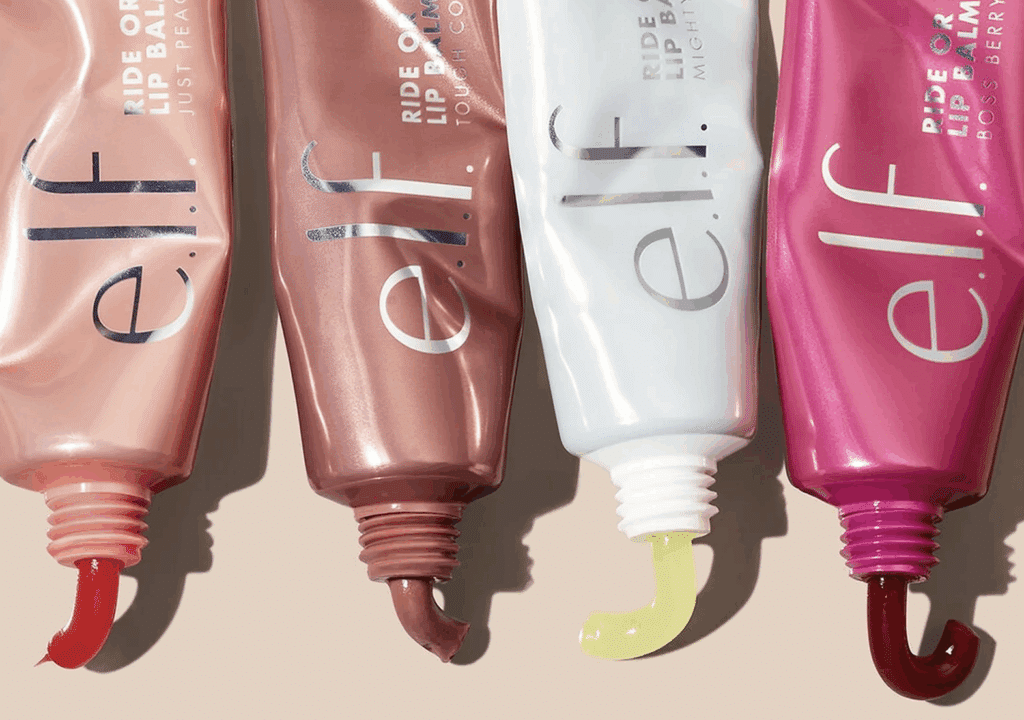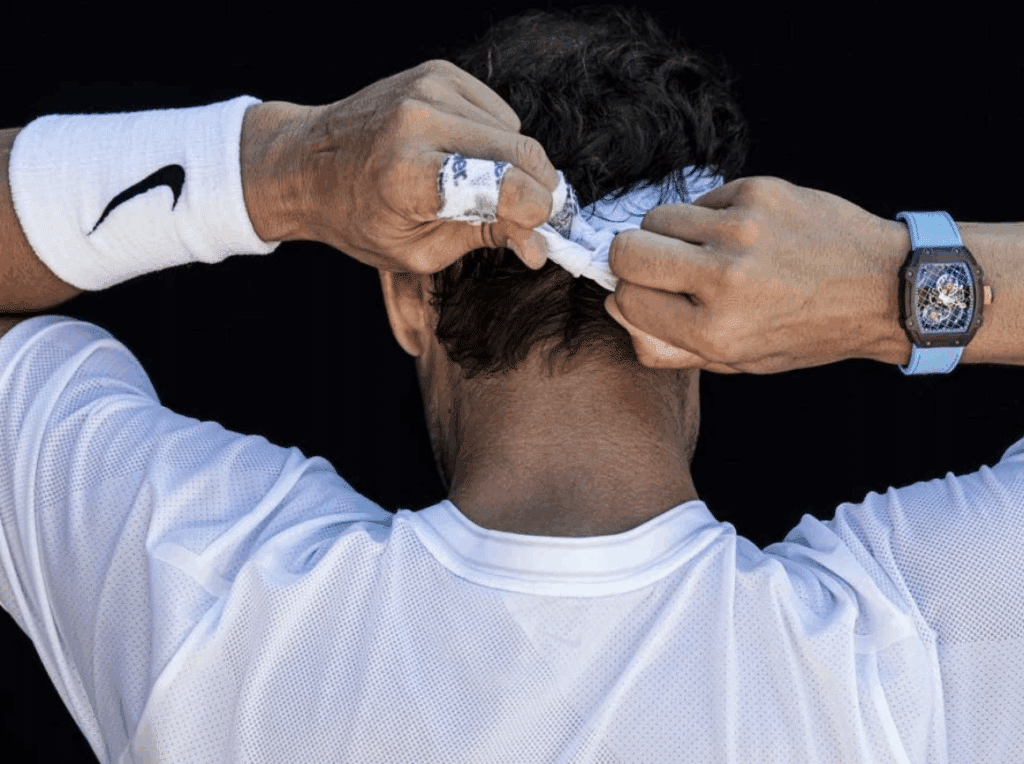Luxury brands are notoriously controlling. A landmark ruling from the European Union’s highest court late last year – which held that U.S. cosmetics company Coty Inc. may legally block retailers from selling its products on online platforms, such as Amazon and eBay – served as a reminder of just how far many of these sought-after names are willing (and legally able) to go to hold on to their carefully crafted auras of exclusivity.
Brands in the upper echelon of the market now have yet another court ruling to rely on. Early this month, the Düsseldorf Higher Regional Court held that Japanese luxury cosmetics company Kanebo may limit where its beauty products are sold. Specifically, the court held that Kanebo may prevent real – the European equivalent of Walmart or Target – from offering authentic versions of both Kanebo’s namesake brand products and those from sister brand Sensai, for sale in its brick-and-mortar locations, as well as on its website.
The decision is striking, as in the past, German courts have generally only made exceptions to the principle of exhaustion (i.e. the First Sale Doctrine, which states that once a trademark owner, such as Kanebo, releases its goods into the market, it cannot prevent the subsequent re-sale of those goods by their purchasers) and allowed brands to limit sales when the physical condition of the goods in question had been altered or impaired.
In this case, the Kanebo products that were being offered for sale by real had not physically altered in any way, and yet, the court was willing to determine that real was in the wrong, nonetheless, because its stores were not “comparable to the luxurious environment where the [Kanebo] goods are usually offered for sale.”
Since real – which sells groceries, household products, electrical appliances, and other goods – is a significant step down from the authorized specialty retailers where Kanebo products are traditionally sold, the court considered it to be damaging to the reputation of the luxury cosmetics brands. Additionally, the court held that it was particularly problematic that Kanebo and Sensai’s $60 foundations and $200-plus creams were being sold alongside goods of all kinds in real’s stores and on its website.
In its decision, the Düsseldorf Higher Regional Court referred to the Coty decision, in which the European Union’s European Court of Justice confirmed that luxury brand’s valuable trademarks (i.e., their names, logos, and other branding elements) merit protection and as a result, may result in the limit on online distribution by unauthorized retailers.
According to a statement from Noerr LLP, the law firm that represented Kanebo, “With this landmark decision, a higher German court has, as far as can be seen, for the first time recognised that manufacturers of luxury goods can put a halt to the sale of grey market goods if their products are sold in an environment damaging to their reputation and image.”
* The case is Kanebo Ltd. v. Metro AG, 20 U 113/17 (OLG Düsseldorf).














